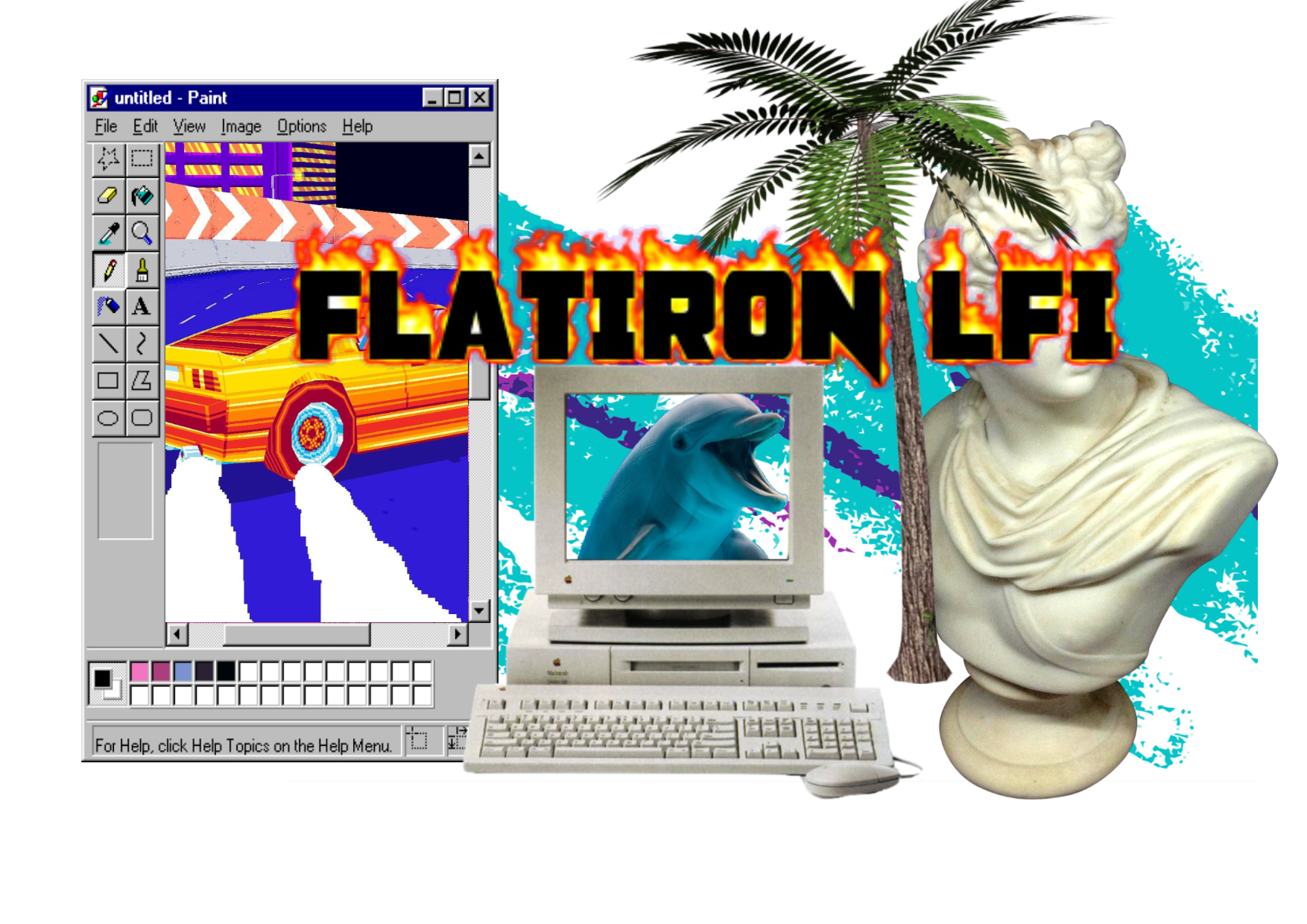Meeting website here: https://lfitaskforce.github.io/FlatironMeeting/
The goal of this interdisciplinary meeting is to gather developers and users of Likelihood-Free Inference methods to share latest techniques, use cases and applications across different fields, and discuss open challenges. Part of this workshop will also be dedicated to a few hack days with the goal of seeding the development of a common probabilistic programming framework for Likelihood-Free Inference as well as collaboratively working on LFI-related hack projects.
We are using the GitHub issues in this repository to track and discuss hack project. Have a look the issue page or the meeting website to see existing projects.
Feel free to open a new project by using this issue template.



